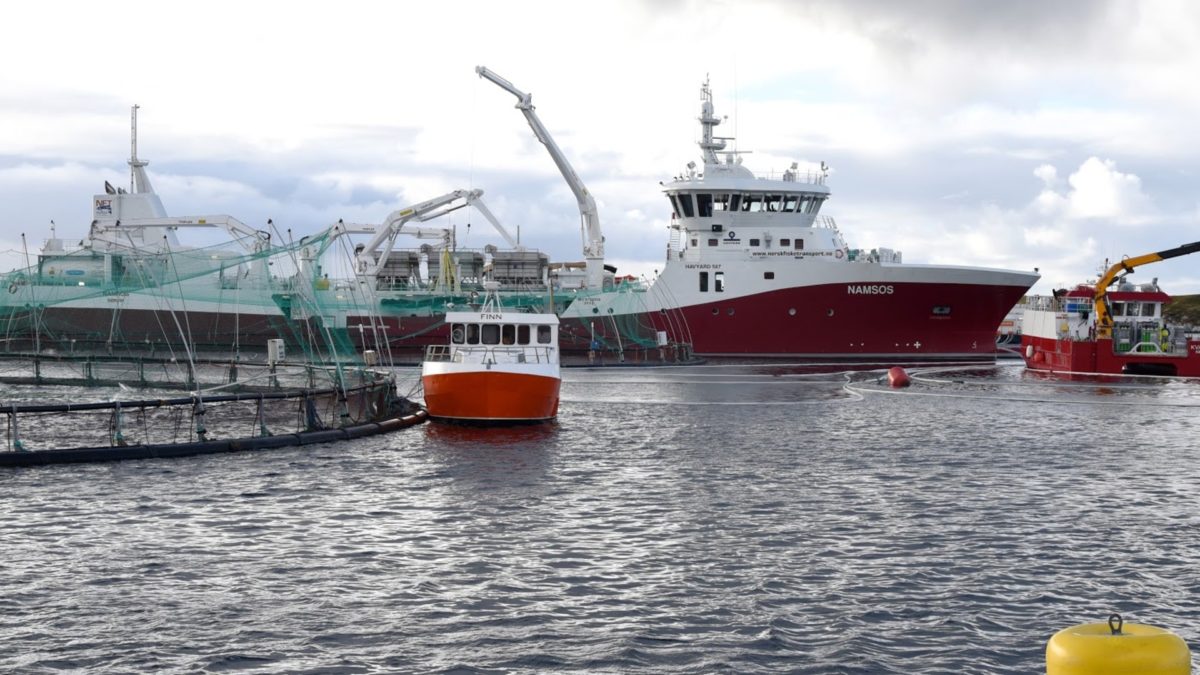The aquaculture industry is Norway’s third largest export industry, exporting 1.2 million tonnes of fish worth NOK 77 billion in 2019. Almost all exports consist of fresh, chilled salmon and trout, and are transported by truck. This amounts to over 50 000 truck transports annually. The most important export market is Europe.
The Norwegian aquaculture industry has a goal of doubling production by 2030 and quadrupling it by 2050. Norwegian roads do not have the capacity to cope with such growth in a safe and efficient way. The aquaculture industry therefore needs a sustainable alternative to road-based transport to reduce emissions, accidents and road wear. Maritime transport can be a solution, which can also take large parts of the expected transport growth going forward.
This pilot project has developed a commercial and technically feasible concept for transporting fresh fish from Central Norway to Europe. The analysis shows that the concept can give the aquaculture industry 20-30% lower transport costs from slaughterhouse to the markets in Europe compared to trucks, and that it is economically viable for the transport company. At the same time, greenhouse gas emissions will be reduced door-to-door by over 70%.
The pilot also conducted a socio-economic analysis of the effects of moving transport from road to sea in two different market scenarios. For both scenarios, a positive net socio-economic benefit is calculated, i.e. the socio-economic costs are lower than for the truck-based zero alternative.
Status
The project has shown that it is realistic with profitable sea-based transport from Central Norway to Europe that meets the market needs. The analysis also shows great socio-economic benefits. The logistics solution has already been tested using existing ships and the results show that sea transport is feasible.
A new high-tech, green ship that can be included in the transport concept has been contracted by Egil Ulvan Rederi. The ship will be the world’s first plug-in hybrid cargo ship that also serves the acquaculture industry. A technological innovation that has been used in the vessel is the utilisation of cold in the LNG system for cooling the freezer/cold rooms. This is a highly advanced and environmentally innovative newbuilding, based on the freight ferry pilot, the aquaculture pilot and this fish transport pilot under the Green Shipping Program. Completion is expected in early 2021.
Read more
- Report: (Norwegian) Samfunnsøkonomisk analyse av pilotstudie «Fisk fra vei til sjø»:

